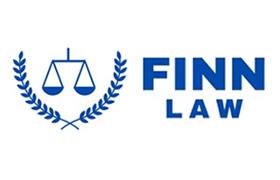Saratoga County, NY Felony Lawyers
Sponsored Law Firm
-
 x
x

Click For More Info:
-
Finn Law Offices
12 Sheridan Ave. Albany, NY 12207» view mapAccident & Injury and Criminal Defense Action-Oriented Legal Advocacy
At Finn Law Offices, our attorney relies upon his experience and dedication to protect your rights in a personal injury, employment law, criminal defense or civil rights case.
800-872-6030
Not enough matches for Saratoga Felony lawyer.
Below are all Saratoga lawyers.
John J. Poklemba
Election & Political, Business Organization, Family Law, Labor Law
Status: In Good Standing
Kurt G. Mausert
Real Estate, Divorce & Family Law, Criminal, Accident & Injury
Status: In Good Standing
FREE CONSULTATION
CONTACTFREE CONSULTATION
CONTACTGary C. Hobbs
Social Security -- Disability, Class Action, Family Law, Pharmaceutical Product
Status: In Good Standing
Brendan R. Wolf
Election & Political, Business Organization, Eminent Domain, Collection
Status: In Good Standing
FREE CONSULTATION
CONTACTEdward Kowalewski
Eminent Domain, Transportation & Shipping, Business Organization, Collection
Status: In Good Standing
FREE CONSULTATION
CONTACTScott M. Ronda
Business Organization, Family Law, Collection, Banking & Finance
Status: In Good Standing
Laurence I. Fox
Eminent Domain, Election & Political, Business Organization, Collection
Status: In Good Standing
FREE CONSULTATION
CONTACTW. Bradley Krause
Accident & Injury, Criminal, Real Estate, Civil & Human Rights
Status: In Good Standing
 Ryan M. Finn Albany, NY
Ryan M. Finn Albany, NY AboutFinn Law Offices
AboutFinn Law Offices
